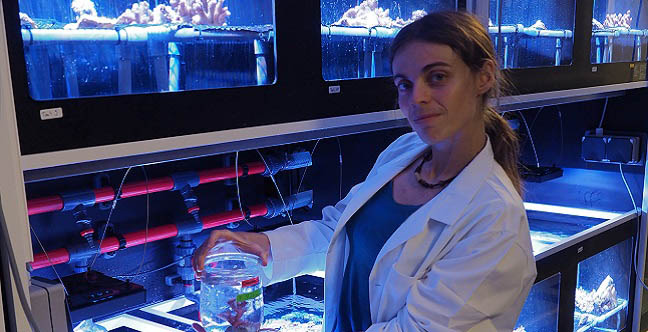
Marine Science
Fixing the role of nitrogen in coral bleaching
A unique investigation highlights how excess nitrogen can trigger coral bleaching in the absence of heat stress.
Page 2 of 2

Marine Science
A unique investigation highlights how excess nitrogen can trigger coral bleaching in the absence of heat stress.
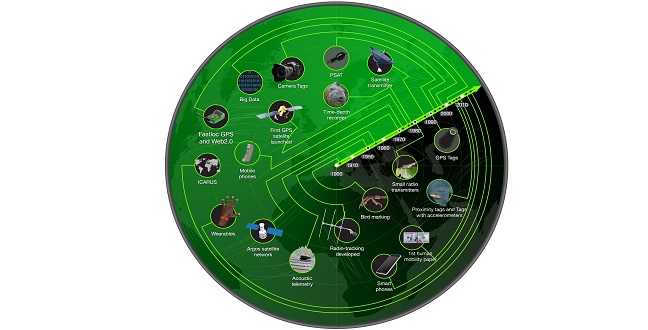
Marine Science
A remarkable collaboration, drawing parallels between human and animal ecology, uses data from smartphones to protect vulnerable species.
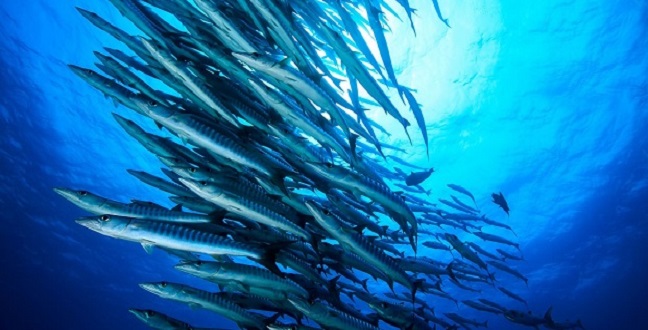
Marine Science
Careful marine management and stricter fishing laws could enable Saudi Arabia’s coral reefs to thrive.
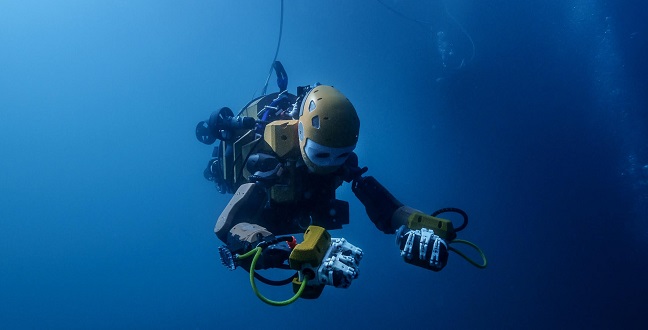
Marine Science
An international, multidisciplinary collaboration that led to the world’s first underwater robotic avatar.
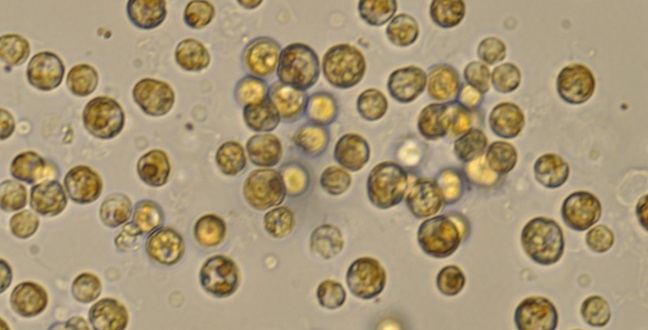
Marine Science
Stressed dinoflagellates rewrite their genes during transcription.
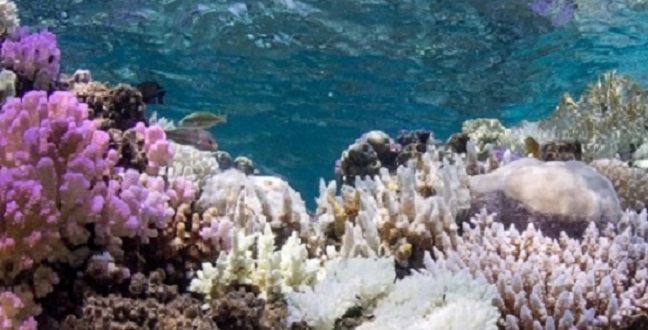
Marine Science
The Red Sea provides opportunities to coral bleaching and inform future practices to help safeguard the world’s coral reef ecosystems.
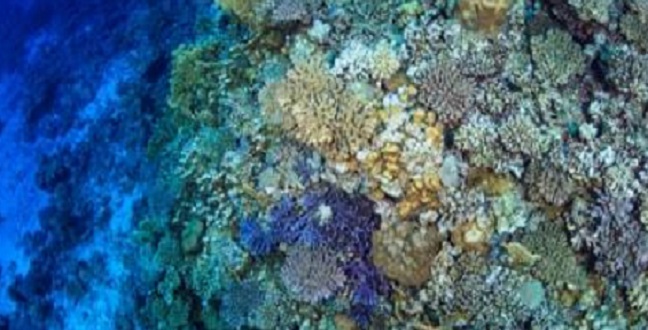
Marine Science
Genome sequences of dinoflagellate algae indicate how they maintain their symbiotic relationship with corals.
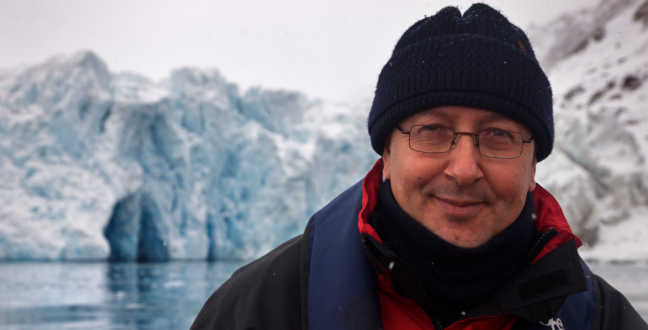
Marine Science
“Historians will look back on this era as the tipping point for marine agriculture,” said Carlos Duarte.
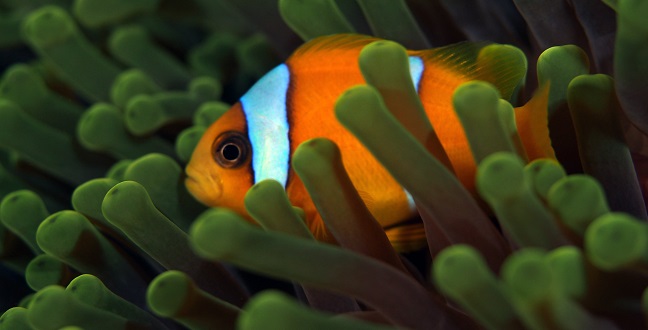
Marine Science
Identification of candidate pathways in clownfish shows they can control responses to population alterations.
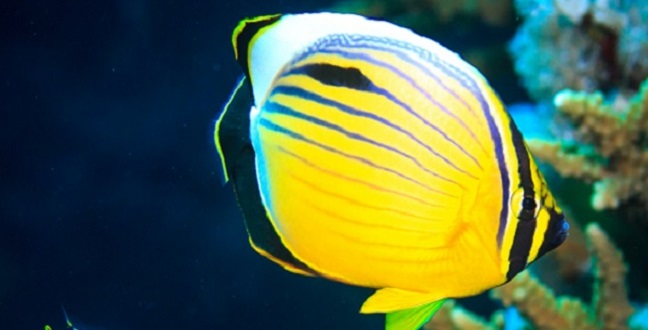
Marine Science
A genome for the blacktail butterflyfish may illustrate how reef fish adapt to challenging conditions in the Red Sea.
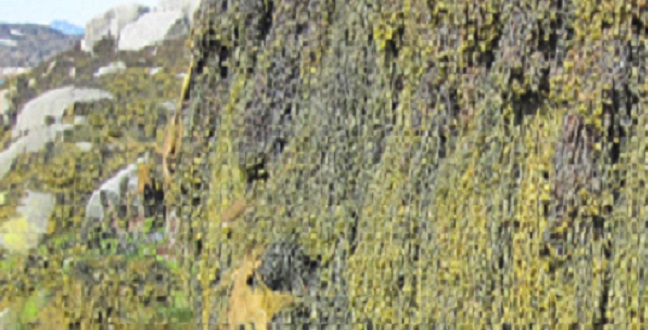
Marine Science
Carbon storage by coastal macro algae is a significant but neglected aspect of the global carbon budget.
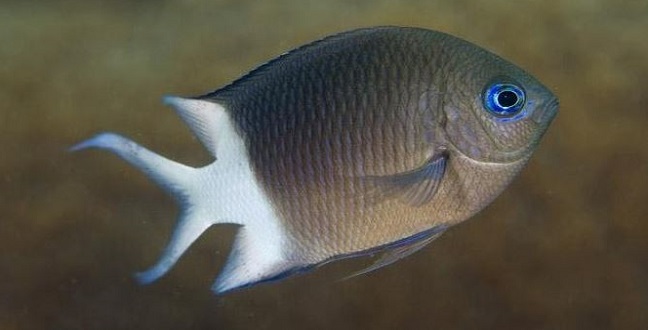
Marine Science
Evolutionary alterations to circadian rhythm genes help reef fish adapt to the higher levels of carbon dioxide of future oceans.
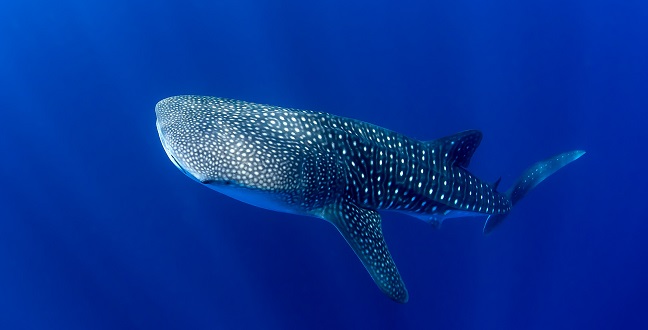
Marine Science
A population study of whale sharks in the Red Sea reveals unique group dynamics.
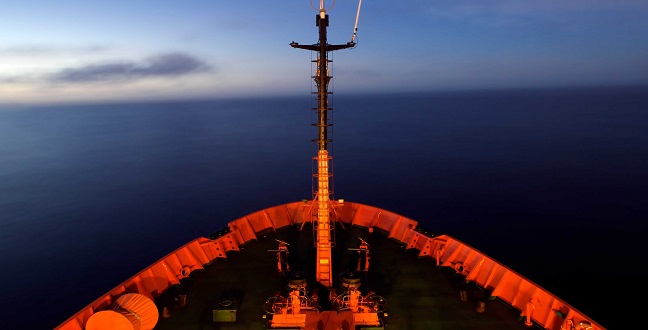
Marine Science
Ocean cruise studies input of PAHs from the atmosphere into the ocean.
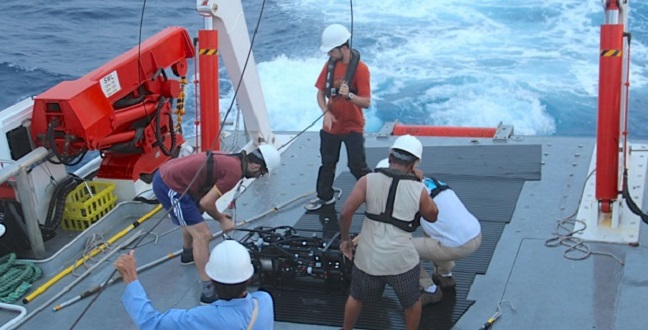
Marine Science
Studies conducted at the Saudi Aramco-KAUST Marine Environmental Research Center provide new insights into the physical and biological aspects of the Red Sea.

Marine Science
Satellite imagery shows that the Red Sea’s mangrove forests have increased, not decreased, over the last 40 or so years.
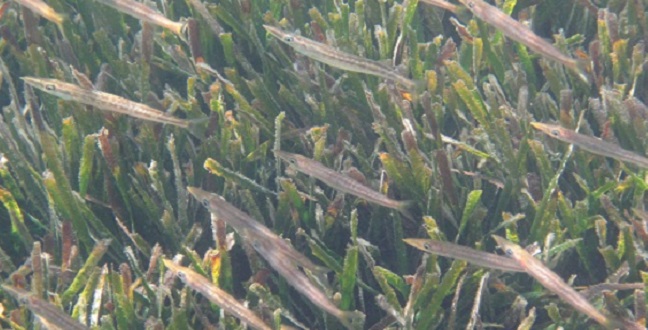
Marine Science
Seagrass genome reveals the structural and physiological adaptations needed for plants to survive and thrive in the marine environment.
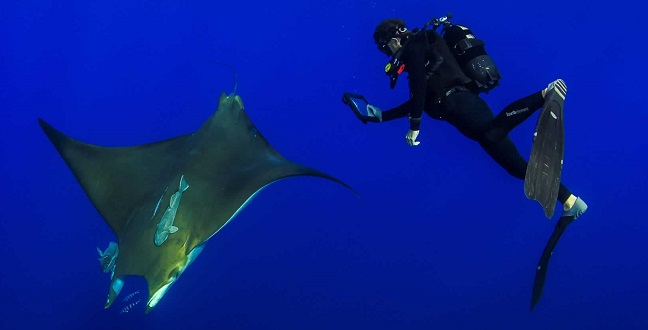
Marine Science
A combination of state-of-the-art sensors and standardized data analysis will transform research for tracking animals and humans.
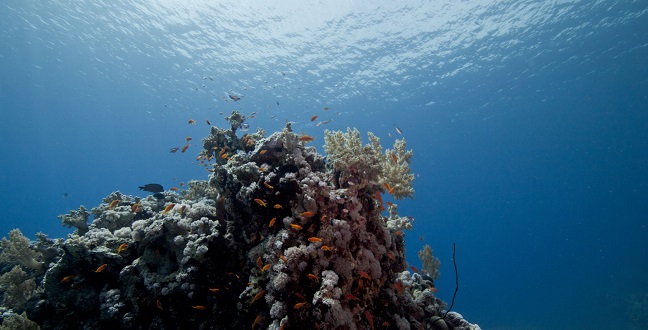
Marine Science
Detailed analysis of nutrient distribution and circulation in the Red Sea could provide a model for the future of the world’s oceans.
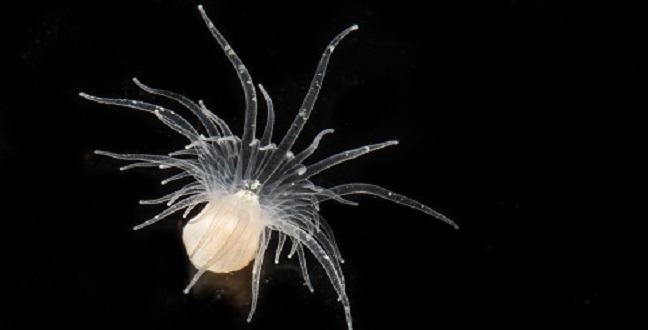
Marine Science
Analysis of sea anemone genome yields unprecedented detail of anemone-algae symbiosis, and may provide a model for coral symbiosis.
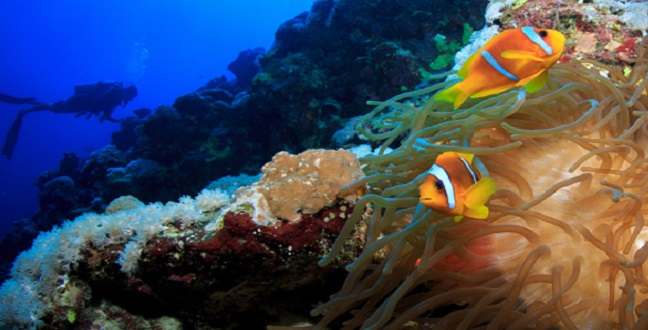
Marine Science
Some coral reef fish species don’t settle very close to home.
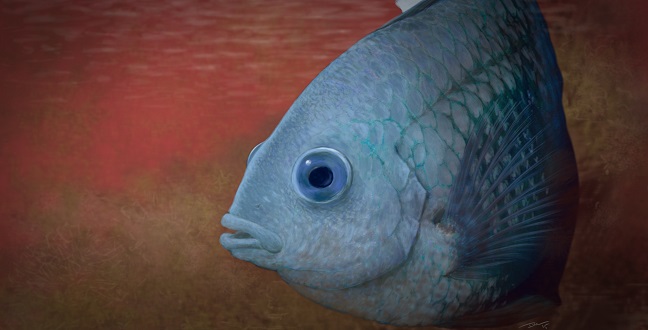
Marine Science
A coral reef fish can acclimate to warm temperatures in just two generations.
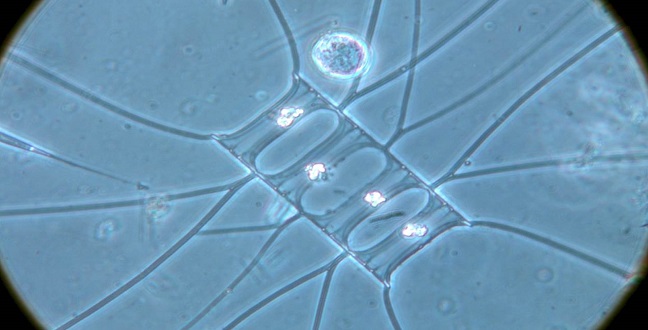
Marine Science
A look at life in the depths of the ocean reveals an efficient system of pumping carbon out of the atmosphere.
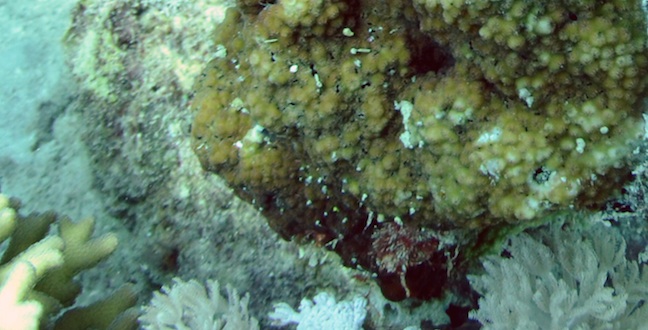
Marine Science
A coral named for KAUST could provide a glimpse of future reef conditions under climate change.
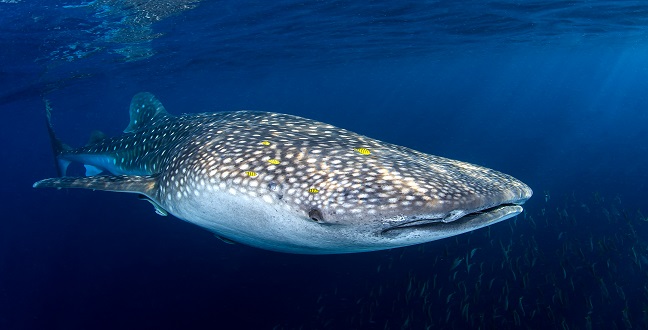
Marine Science
Rather than migrating, whale sharks in Tanzania hide surprisingly close to home year-round.
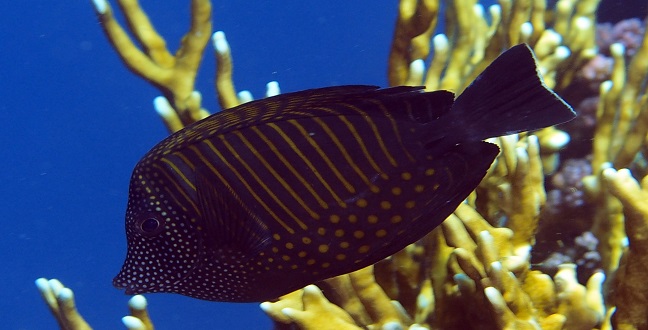
Marine Science
DNA sequencing of reef fish microbiomes shows that diet is all-important.

Marine Science
Analyses of marine bacteria offer insights into processes of carbon storage and release beneath the sea.
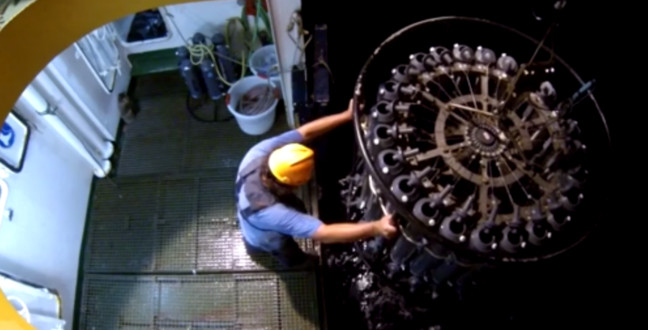
Marine Science
Single-cell analysis of microbes from Red Sea deep brine pools reveals the genetic innovations needed to thrive in extreme conditions.

Marine Science
Devilrays soak up the sun’s heat then make some of the deepest and fastest dives ever recorded in the ocean.
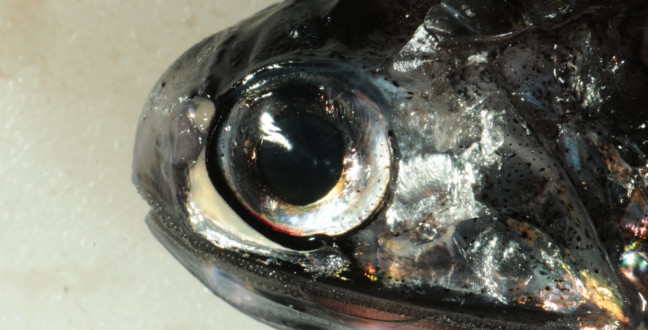
Marine Science
Mysterious deep dwelling fish are vastly more plentiful than previously thought and are likely to play a major role in ocean carbon budgets.